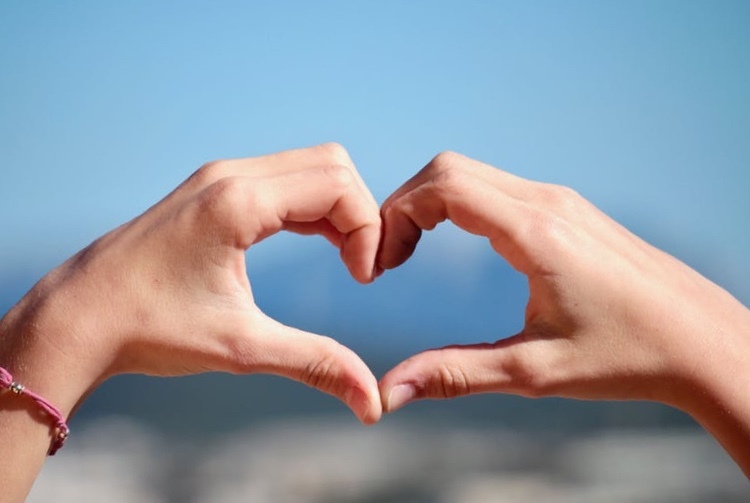
The Psychosocial Impact of Acne: A Comprehensive Review
The adverse effects of acne on social life, educational achievements, dating, and work-life are well-documented. A recent review (Nguyen et al., Clinical, Cosmetic and Investigational Dermatology, October 2016) highlights the significant psychosocial consequences of acne and the growing understanding of its impact on mental health.
Gender Differences in Psychosocial Impact
In a study involving 950 college students, acne was found to have a more substantial psychosocial impact on females compared to males. [1] Females reported a greater sense of self-consciousness and social discomfort, underscoring the need for gender-sensitive approaches in managing acne’s emotional toll.
Social Phobia and Bullying
Acne’s impact on social phobia is substantial. Research by Bez et al. revealed that 45.7% of high school students with acne were diagnosed with social phobia, compared to 18.4% in the control group. [2] Furthermore, teenagers with acne reported significantly higher rates of social bullying, and many experienced negative effects in their occupational, social, and family lives. Acne patients also scored higher in avoidance behaviors, affecting daily social interactions. [3]
Self-Perception and Intrapsychic Consequences
Acne frequently leads to heightened self-consciousness and a negative self-image. According to Alexis et al., intrapsychic consequences, such as self-consciousness, were significantly increased among acne sufferers. [4] This can exacerbate feelings of inadequacy and drive social withdrawal.
Mental Health Effects on Adult Women
In adult women with acne, 71-73% reported experiencing anxiety or depression. Over 75% of women noted feelings of frustration, diminished confidence, social withdrawal, and bothersomeness related to their acne. [5] Such findings illustrate the profound emotional impact acne can have, especially in women navigating both personal and professional environments.
Stigmatization and Self-Image
Patients with acne face a higher likelihood of experiencing perceived stigma—three times higher than individuals without acne. [6] This perceived stigma can lead to increased anxiety and social isolation, emphasizing the need for broader societal understanding of acne’s emotional impact.
Impact on Adolescents’ Daily Lives
Adolescents with acne report significant disruptions in their lives, with Tactual et al. finding that 21% felt acne affected their schoolwork and personal activities, while 19% reported impacts on hobbies and relationships. Nearly 14% avoided activities like swimming and sports due to embarrassment over their skin. [7]
Effects on Academic and Personal Relationships
In a study of 160 acne patients, 13.3% reported that acne affected their academic performance, 21.1% noted an impact on spousal relationships, 30% said it influenced their willingness to marry, and 17.2% reported effects on friendships. [8] These results highlight how acne can permeate personal and social aspirations.
Improvement in Depression and Anxiety Through Treatment
Proper acne treatment can significantly improve mental health. One study found that the mean anxiety score of patients with acne was 8.9 out of 21 before starting isotretinoin treatment, higher than that of the general population. About 26% qualified as clinical cases of anxiety, but after isotretinoin treatment, this dropped to just 3.5%. This underscores the potential of effective acne treatment to alleviate anxiety and depressive symptoms. [9]
Depression in Adolescents
Kubota et al. administered mental health assessments to Japanese adolescents with acne, finding that those with acne were significantly more depressed than peers without skin problems, with girls more affected than boys. The duration of acne also played a role; those affected for over two years had notably lower mental health scores than those with acne for less than six months. [10]
Acne and Mental Health Across Demographics
A comprehensive study found no significant difference in rates of depression or anxiety related to race, indicating that acne’s psychological effects are widespread across demographics. [5]
Conclusion
Acne has a profound impact on mental health, affecting self-esteem, social interactions, academic performance, and personal relationships. Addressing acne with both effective treatment and psychosocial support is crucial to improving quality of life for those affected.
References:
- Shahzad N, et al. J Coll Physicians Surg Park. 2011;21(7):442–443.
- Bez Y et al. High social phobia frequency and related disability in patients with acne vulgaris. Eur J Dermatol. 2011;21(5):756–760.
- Ritvo E, et al. Psychosocial judgments and perceptions of adolescents with acne vulgaris: a blinded, controlled comparison of adult and peer evaluations. Biopsychosoc Med. 2011;5(1):11.
- Alexis A et al. Development of a new patient-reported outcome measure for facial acne: the Acne Symptom and Impact Scale (ASIS) J Drugs Dermatol. 2014;13(3):333–340.
- Callender VD, et al. Racial differences in clinical characteristics, perceptions and behaviors, and psychosocial impact of adult female acne. J Am Acad Dermatol. 2014;7(7):19–31.
- Roosta N, et al. Skin disease and stigma in emerging adulthood: impact on healthy development. J Cutan Med Surg. 2010;14(6):285–290.
- Tasoula E, et al. The impact of acne vulgaris on quality of life and psychic health in young adolescents in Greece. Results of a population survey. An Bras Dermatol. 2012;87(6):862–869.
- Darwish MA, et al. Knowledge, beliefs, and psychosocial effect of acne vulgaris among Saudi acne patients. ISRN Dermatol. 2013;2013:929340.
- Marron SE, et al. Anxiety, depression, quality of life and patient satisfaction in acne patients treated with oral isotretinoin. Acta Derm Venereol. 2013;93(6):701–706.
- Kubota Y, et al. Community-based epidemiological study of psychosocial effects of acne in Japanese adolescents. J Dermatol. 2010;37(7):617–622.
To find the right acne treatments for your unique skin, take the free skin assessment by clicking here.



